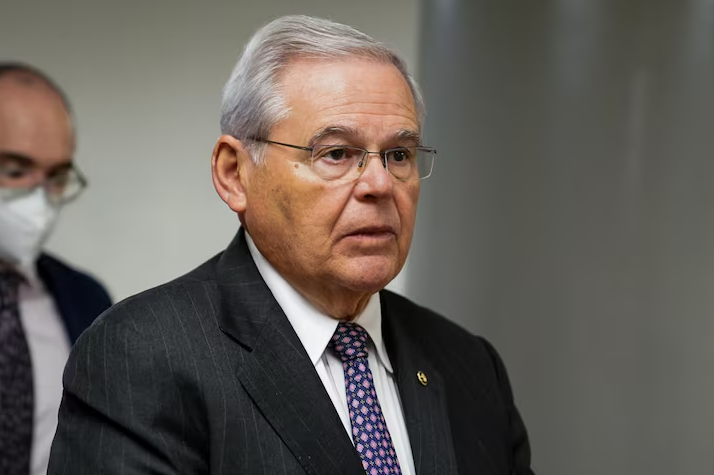The Maritime Organisation of West and Central Africa (MOWCA) has called on African governments at all levels to ensure adherence to safety standards in the operation of marine crafts to prevent accidents on inland waterways.
MOWCA highlighted that safe inland waterway ferry services could significantly boost the blue economy potential of African countries.
This call to action follows MOWCA’s accident statistics, which show a rising trend in marine accidents in the waterways of West and Central Africa, during a three-day regional workshop on the safety of inland waterways and passenger ferries held in Libreville, Republic of Congo.
The workshop featured participants from Nigeria, the Central African Republic, Gabon, Gambia, the Democratic Republic of Congo, Guinea, Sierra Leone and Togo.
The Secretary General of MOWCA, Dr Paul Adalikwu, noted that many reported deaths from marine accidents in the sub-region could be attributed to non-adherence to safety measures, such as travelling at night without proper lighting, leading to high risks of collisions.
He emphasised the urgent need for regional governments to enforce safety measures in the operation of ferries and other smaller crafts powered by outboard engines on inland waterways.
Adalikwu identified unserviceable crafts, overloading, the non-usage of life jackets, adverse weather conditions, and wrecks along navigable channels as primary causes of recurrent marine-related accidents and deaths in the sub-region.
He suggested that vast wrecks in most waterways, which cause marine accidents, could be recycled for economic benefits after removal, thereby conserving the marine ecosystem.
He further called on African governments to invest in training and retraining crew members, as well as onshore and offshore staff, on safety protocols, expressing optimism that marine safety standards could reach levels seen in the aviation sector.
He argued that marine accidents are preventable if governments increase education, sensitisation, and procurement of safety materials and gadgets, backed by necessary enforcement.
The Regional Coordinator for the West and Central Sub-Region of Africa at IMO, Dallas Lareya, emphasised the need for a comprehensive assessment of legislative deficiencies in safety and security, along with proposing solutions to address them.
The African coordinator at the International Maritime Rescue Federation (IMRF), Mohammed Drissi, underscored the importance of marine insurance and best practices for passenger ferry safety, risk management strategies, and the implementation of global maritime safety standards.
An Associate Professor at the World Maritime University in Malmo, Sweden, Dr Anish Hebbar, stressed the collective duty of the maritime community to prioritise the safety of inland waterways and passenger ferries.
A communique issued at the end of the workshop urged MOWCA, the World Maritime University, and the IMO to create opportunities for capacity training programmes that should be rebated, partially or fully sponsored for stakeholders in the inland waterway sector.
It called for the enforcement of safety culture by public entities and operators, encouraging the use of models from countries that have successfully secured funding through collaborative engagement with financial institutions to support inland waterway navigation.
Other resolutions included ensuring compliance with vessel maintenance plans based on the year of construction, encouraging member states to adopt codes of good practice for ship inspectors, and establishing accreditation mechanisms for them.


















